
Irritated skin: Causes and treatment
Irritated skin is a common problem that most people experience at some point in their lives. Skin irritations can be uncomfortable and concerning, from minor irritations like itching and redness to more severe issues like rashes, hives, and swelling. Understanding the causes of irritated skin and how to treat it properly can help you find relief fast. This article will help you understand the causes, symptoms, and effective treatment options to relieve irritated skin.
What is Irritated Skin?
Irritated skin refers to inflammation, redness, itching, stinging, and other symptoms that can affect your skin. It can range from mild to severe. Some common signs and symptoms of irritated skin include:
- Redness
- Swelling
- Small bumps or patches
- Flaking or peeling
- Itching or stinging sensation
- Rough texture or appearance
- Sensation of burning
Irritated skin can affect any area of the body but is most commonly seen on the face, hands, feet, and scalp. It can be localised to one location or widespread. Some people may also experience oozing or crusting skin lesions.
What Causes Skin Irritation?
There are many potential causes of irritated skin. Notable ones include:
Environmental Factors
Environmental factors like sunlight, wind, cold temperatures, and low humidity can strip away the skin's natural oils and irritate it. Sunburn is a classic example of skin irritation caused by environmental factors. Allergens and pollutants in the air can also trigger skin irritation.
Skin Products
Soaps, cosmetics, fragrances, and other skin products are common irritants. Ingredients like alcohol, fragrances, preservatives, and cleanser chemicals can irritate, especially if you have sensitive skin.
Fabrics and Detergents
Laundry detergents, fabric softeners, and wool fabrics can also trigger skin irritation. The friction and rubbing of rough, tight, or coarse fabrics against the skin is another potential source of irritation.
Infections
Bacterial, viral, and fungal infections, such as ringworm and athlete's foot, can lead to inflamed and itchy skin. Skin conditions like eczema or psoriasis can also cause chronic skin irritation.
Injuries
Cuts, burns, insect bites, and poison exposure can irritate skin. As it tries to heal from these injuries, the skin reacts with visible signs of redness, swelling, and tenderness.
Autoimmune Reactions
Sometimes, the immune system mistakenly attacks healthy skin cells, triggering rashes and irritation. Eczema, psoriasis, and lupus are notable examples of autoimmune reactions.
Skin Conditions
Irritation can be a primary symptom of skin conditions like acne, dermatitis, rosacea, hives, and keratosis pilaris.
Allergic Reactions
People with allergies to foods, medications, animals, plants, metals (like nickel), and other allergens may experience skin irritation with redness, swelling, hives, and itching.
Hormones
Hormonal imbalances and changes related to puberty, menstruation, pregnancy, and menopause can trigger skin irritation, too.
No Obvious Cause
Sometimes, no specific trigger for irritated skin can be found. Multiple underlying issues may combine to cause skin irritation.
Treatment for Irritated Skin
Treating irritated skin focuses on relieving symptoms, addressing underlying triggers, preventing further damage, and allowing the skin to heal. Standard treatment approaches you could consider include:
Avoid Irritants
Use gentle skincare products without alcohol, fragrances, or other harsh chemicals. Choose smooth, soft fabrics. Stay out of the sun and protect your skin if you have to be outdoors. Avoid known allergens whenever possible.
Right Skincare
You should prefer using gentle skin care products. For example, if you are prone to acne, consider using The Pink Foundry's Acne Care & Healing Gel Moisturiser to soothe and calm your skin.
Also read: Daily Skincare Routine To Follow For Getting Healthy Skin
Home Remedies
Calamine lotion, colloidal oatmeal baths, cool compresses, aloe vera gel, and coconut oil also naturally soothe irritated skin.
Lifestyle Changes
Get your stress levels under control through relaxation techniques, physical activity, or professional counselling. Try to quit smoking, as tobacco smoke is a skin irritant. Moisturise your skin daily and drink plenty of fluids.
Prescription Medications
Your doctor may prescribe immunosuppressants, retinoids, antihistamines, or other targeted medications for severe or chronic skin irritation.
Phototherapy
Phototherapy treatment using UVA (Ultraviolet A) and UVB (Ultraviolet B) light can be beneficial for conditions like eczema or psoriasis.
Alternative Therapies
Alternative approaches like evening primrose, borage seed oil, probiotics, and medicinal herbs may help you supplement other treatments. You could also consider acupuncture as an alternative therapy for relief.
Identify & Treat Underlying Issue
If an infection, skin condition, hormone changes, or other irritating medical issue, treatment will focus on resolving the underlying problem.
Prevention Tips
While some cases of irritated skin cannot be prevented entirely, you could reduce the frequency and severity by following these tips:
- Use only gentle skin cleansers and moisturisers. To moisturise your skin gently, consider using The Pink Foundry's Waterlight Gel Moisturiser.
- Wear a sunscreen daily.
- Avoid all known irritants and allergens.
- Protect your skin from unfavourable natural elements like excess heat and wind.
- Manage your stress levels with physical activity. You could also try Yoga and meditation.
- Treat your skin regularly and avoid excessive rubbing or scratching.
See your doctor if the skin irritation persists for more than two weeks or severely impacts your daily life. Sometimes, skin irritation can indicate an underlying condition requiring medical care. Accurate diagnosis and quick treatment can help minimise your recurring skin irritation episodes.
Also read: Sun damaged skin: Identification, treatment, prevention
Conclusion
Irritated skin is a prevalent condition that can be uncomfortable and painful. Understanding what is causing your skin irritation is important to finding the most effective treatment for your condition. You should pay attention to when and where the irritation occurs and any potential triggers that you might have been unintentionally ignoring.
While living with chronic skin conditions like eczema and psoriasis can be challenging, following a diligent skincare routine with moisturisers, medications, and lifestyle changes can help you improve your skin's condition. Try avoiding irritants whenever possible.
See your dermatologist if you experience severe, widespread, or persistent irritated skin without a clear cause. Be prepared to discuss symptoms, timing, location, potential triggers, and everything that could relieve you. Proper diagnosis can help you get the treatment you need for relief from irritated skin.























































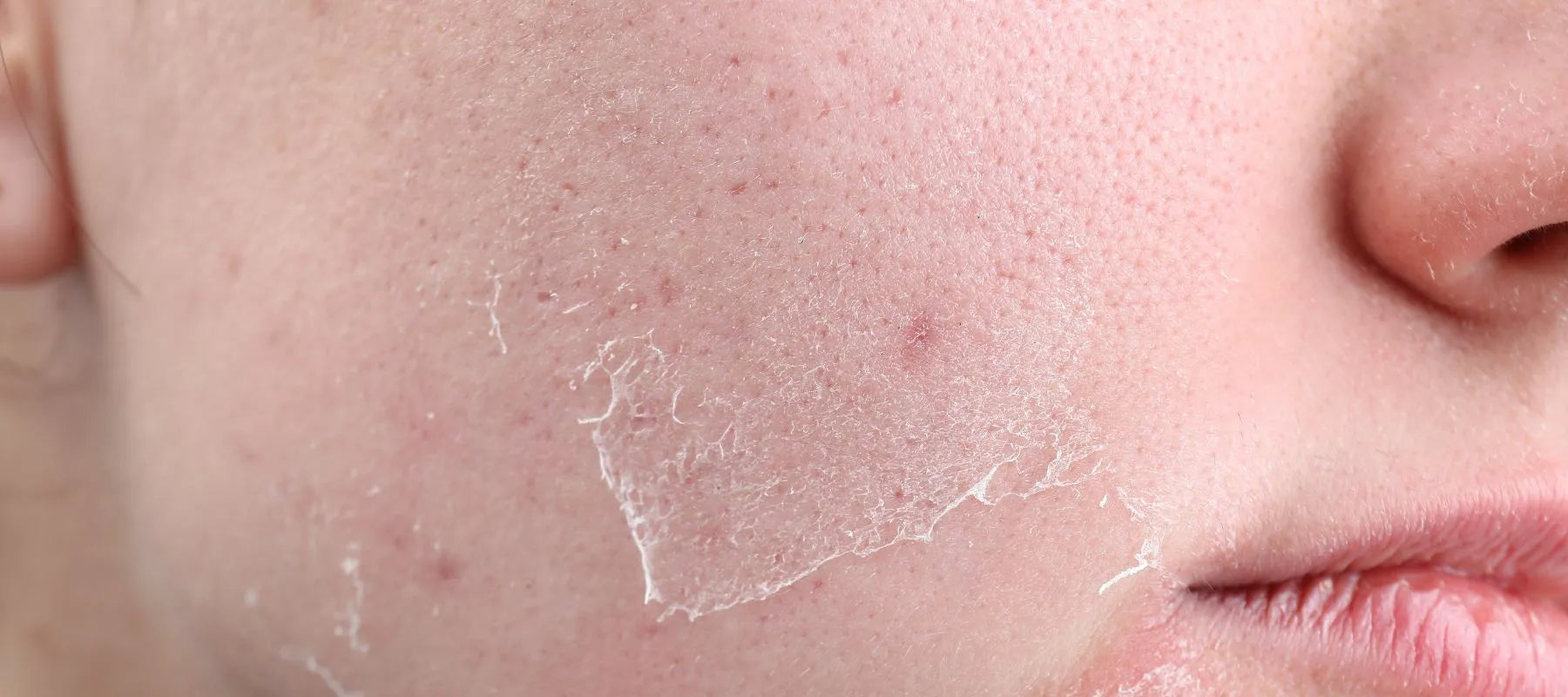
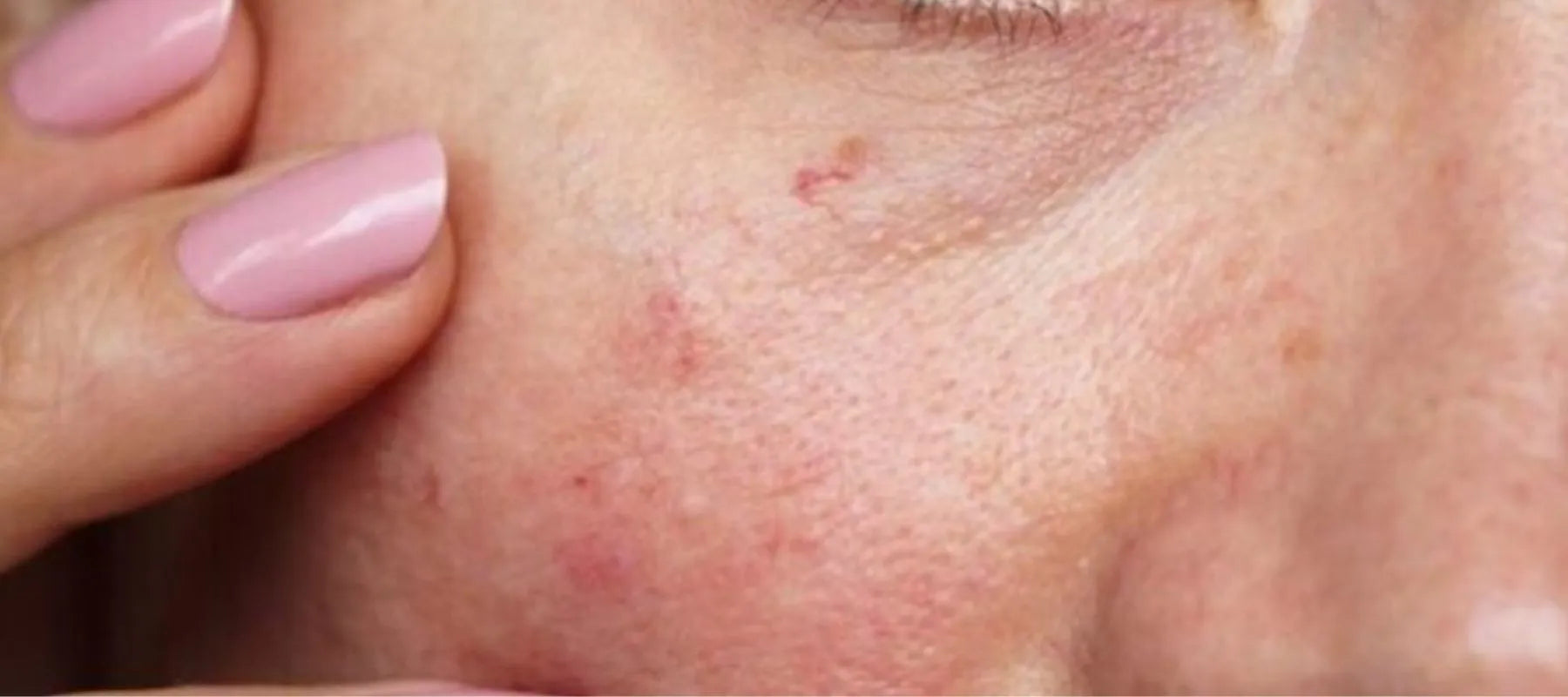

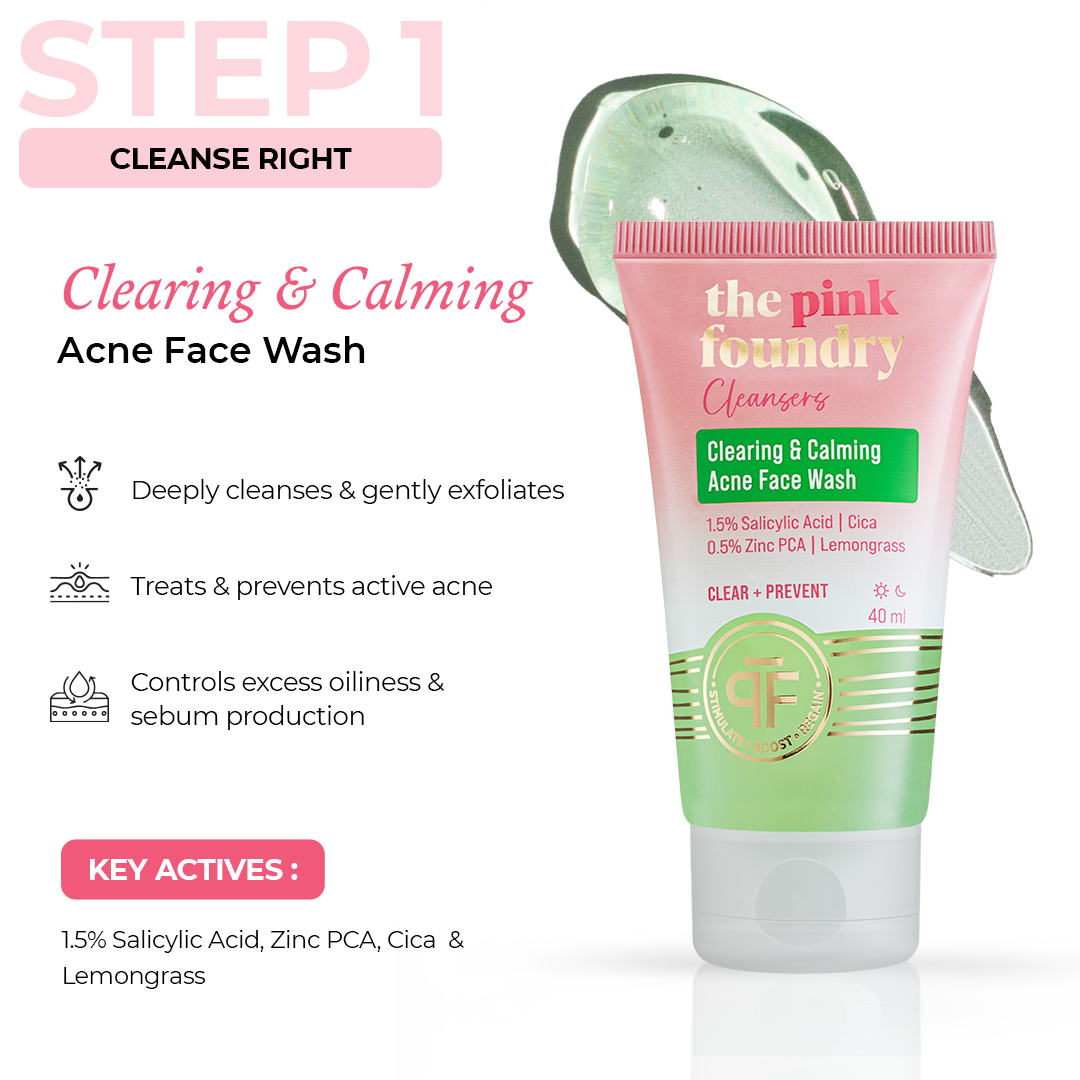




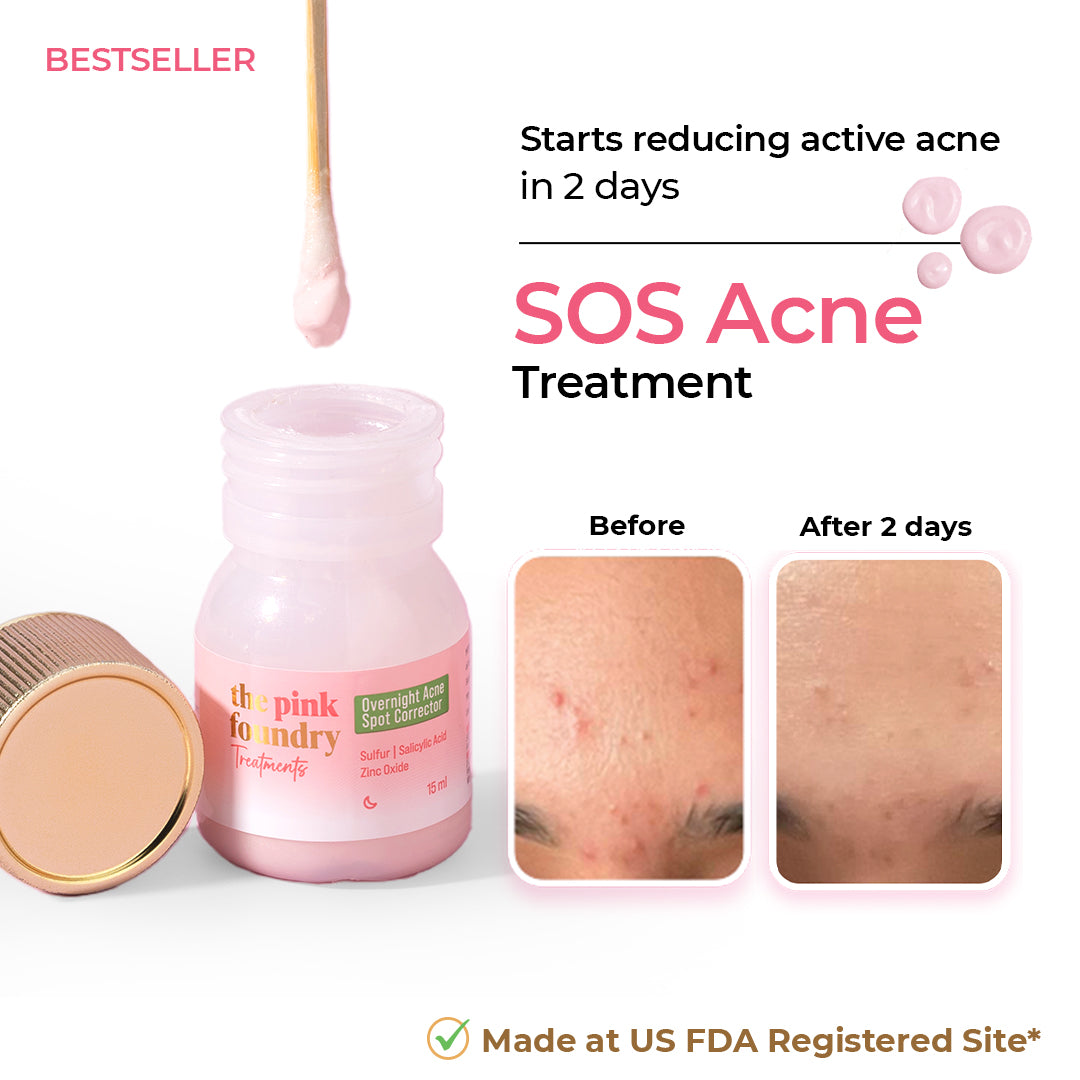
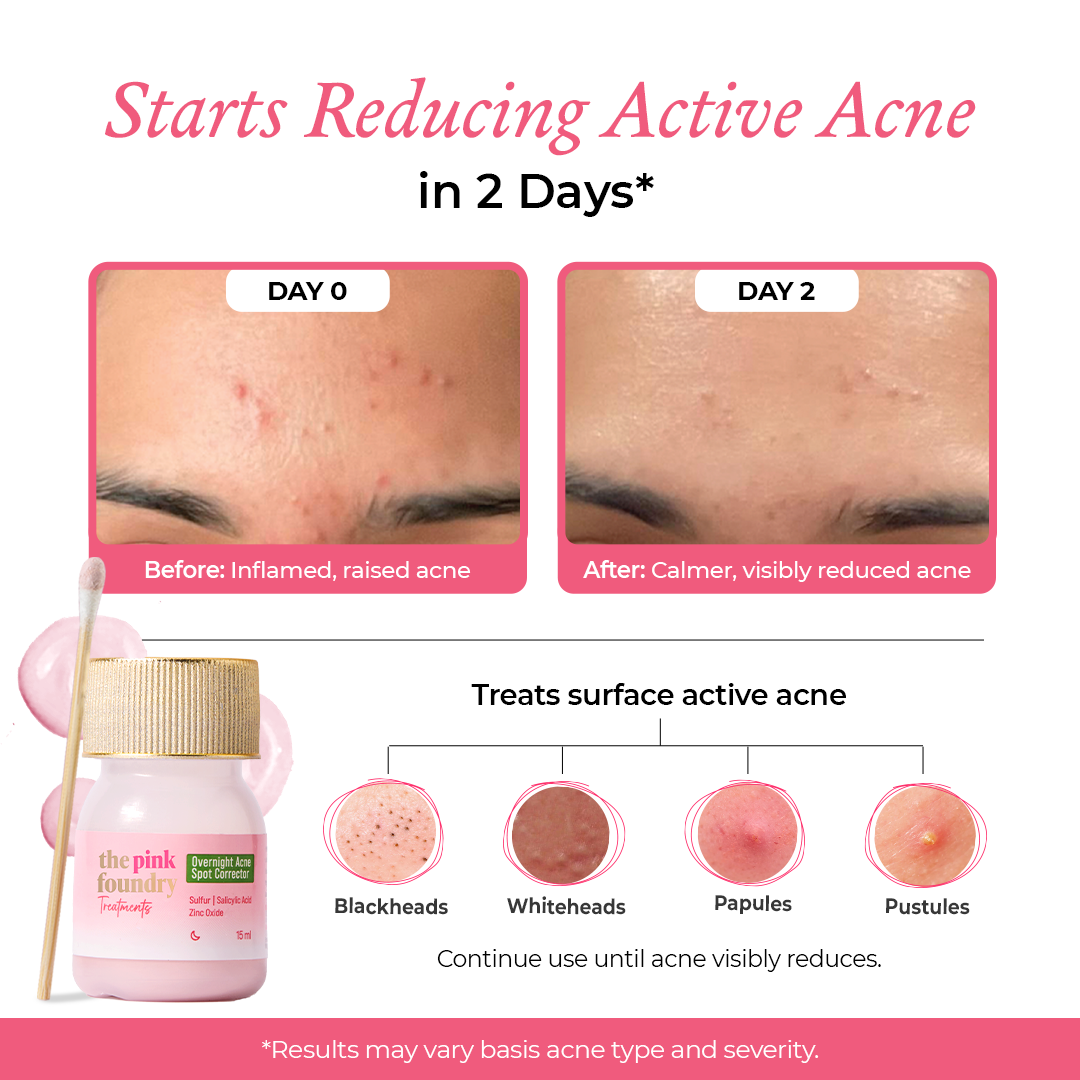








Leave a comment
This site is protected by hCaptcha and the hCaptcha Privacy Policy and Terms of Service apply.